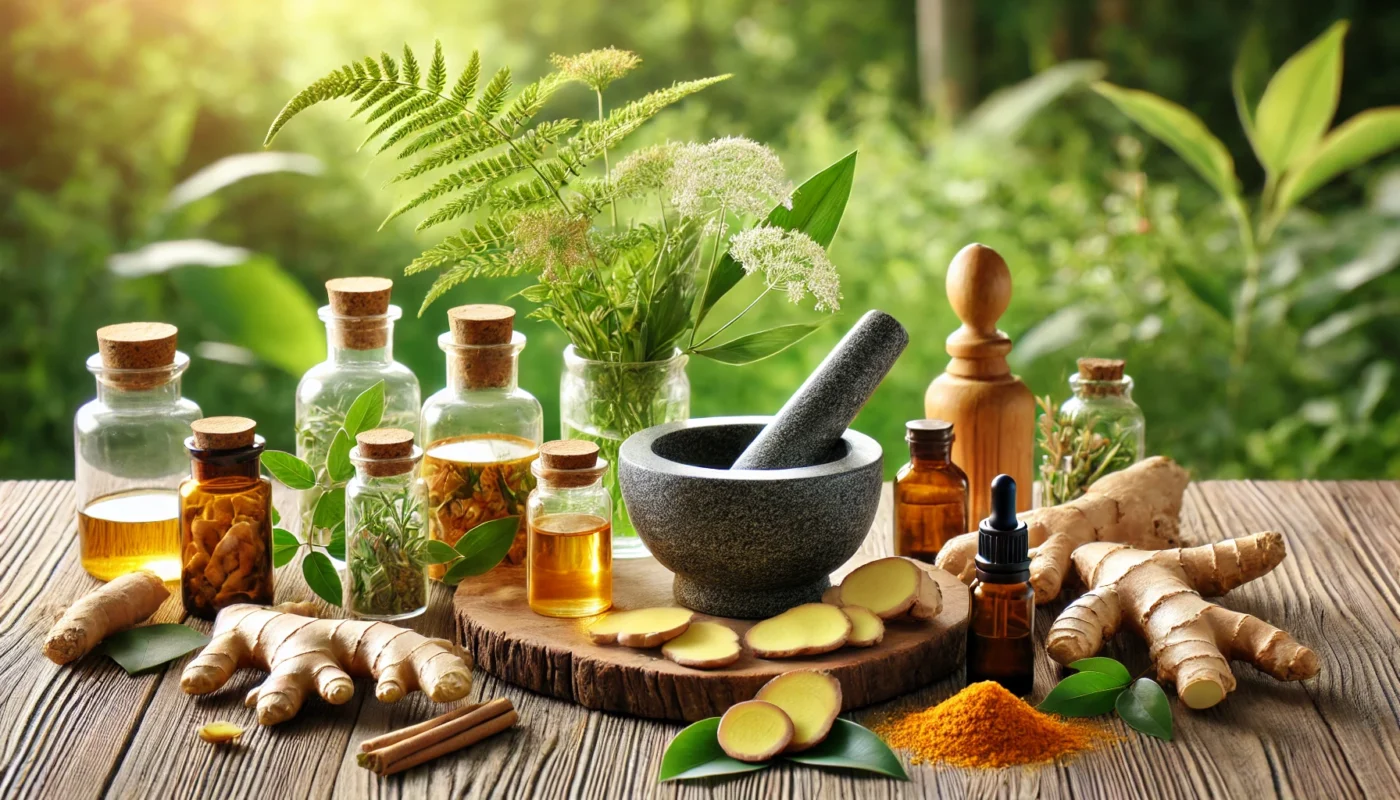This comprehensive guide will explore various over-the-counter and holistic options available for pain management, providing you with a wealth of knowledge to make informed decisions about your health and well-being.
Tag Archives: omega-3 fatty acids
Keloids are overgrown scar tissues that extend beyond the original injury site. Unlike regular scars, keloids do not regress over time and can sometimes grow larger. They are more prevalent in individuals with darker skin tones and can result from injuries, surgeries, acne, or even piercings.
The term “anti-inflammatory” refers to the property of a substance or treatment that reduces inflammation or swelling. In scientific terms, it involves the inhibition of the body’s inflammatory processes. Understanding the definition of anti-inflammatory can be pivotal in managing health conditions that are exacerbated by inflammation, such as arthritis, heart disease, and even some cancers.
Inflammation is the body’s natural response to injury or infection, designed to eliminate harmful stimuli and initiate the healing process. It’s a complex biological response involving various cells, proteins, and signaling pathways. Essentially, when your body senses an injury or pathogen, it releases chemicals that initiate an inflammatory reaction.
The anti-inflammatory diet is not a strict regimen but rather a way of selecting foods that support your body’s natural defense mechanisms. It emphasizes whole, unprocessed foods while minimizing consumption of refined sugars, processed meats, and unhealthy fats. The goal is to include a variety of fruits, vegetables, whole grains, lean proteins, and healthy fats.
Joint health is a critical component of overall well-being, especially as we age. Our joints, where two bones meet, facilitate movement and provide support. However, due to factors like aging, injury, or disease, many people experience joint pain and stiffness, significantly impacting their quality of life. Fortunately, one effective way to support joint health is through diet. In this article, we will explore the top foods that can help boost joint health, providing both relief from discomfort and preventative benefits.
Holistic health is an integrative approach that emphasizes the interconnectedness of various aspects of an individual’s well-being. Rather than isolating a particular ailment, holistic methods involve a comprehensive examination of lifestyle, nutrition, stress levels, and emotional health to determine the root cause of an issue. This multi-faceted approach encourages individuals to consider their health from a broader perspective, promoting a balance that fosters natural healing processes.
Back pain can arise from various factors, including muscle strain, poor posture, underlying medical conditions, or even after surgery. Understanding the root cause is crucial for choosing the appropriate natural remedy. For those recovering from surgery, gentle approaches that promote healing are essential, while chronic sufferers might benefit from lifestyle adjustments and consistent natural therapies.
Before embarking on the journey of natural relief, it’s essential to grasp the intricacies of fibromyalgia. This syndrome affects approximately 2-4% of the global population, predominantly women. The exact cause remains unknown, but it’s believed to involve a combination of genetic, environmental, and psychological factors. Symptoms can vary, but common complaints include chronic pain, sleep disturbances, and cognitive difficulties, often referred to as “fibro fog.”
Fibromyalgia is often misunderstood and misdiagnosed due to its complex nature. It affects approximately 2-4% of the population, with a higher prevalence in women. The symptoms include persistent pain, sleep disturbances, cognitive difficulties (often referred to as “fibro fog”), and emotional distress. Diagnosing fibromyalgia can be challenging since it shares symptoms with other conditions.










